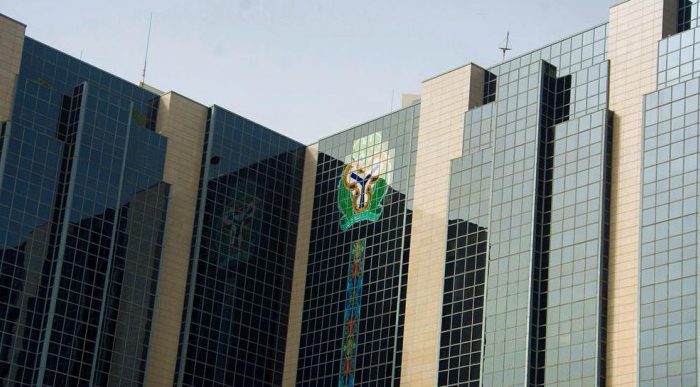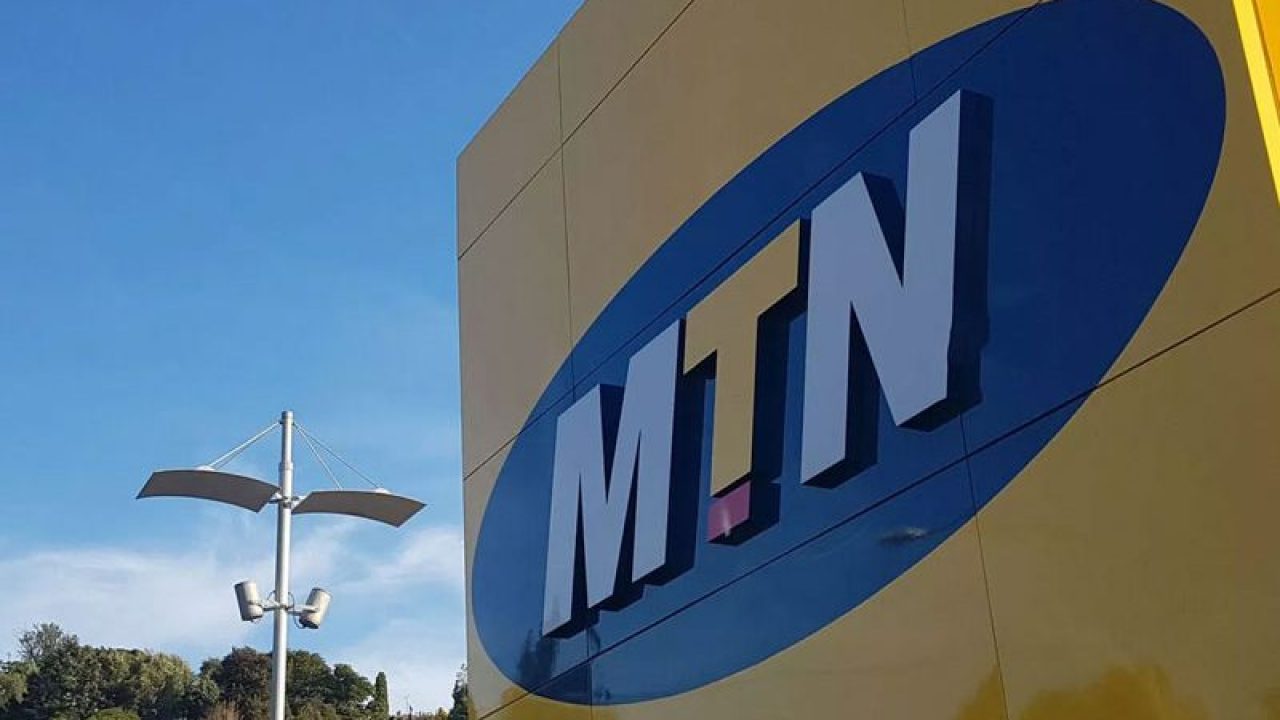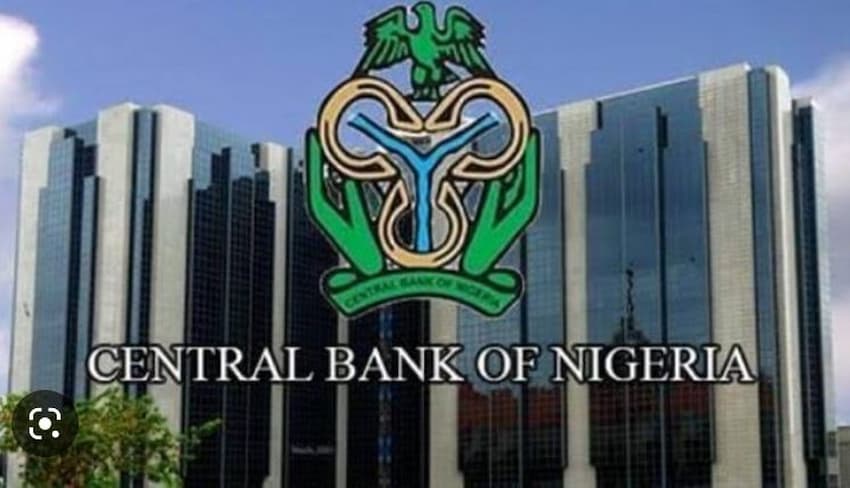The Central Bank of Nigeria, CBN, on Tuesday, raised the interest rate from 11.5% to 13%.
This makes it the first increase in two years.
However, as much as the CBN increased the rates to tackle looming inflation, the increment has a direct effect on every Nigerian, including the common vendor in the street.
But how, exactly, does the CBN’s 13% interest rate increase directly affect you?
ALSO READ: Ports Congestions: Customs, Agents At War Over 15% Levies, Extortions
Well, this report about how CBN’s 13% Interest Rate Increase Directly Affects You would show you just that.
But first, let us look at why the CBN raised the interest rate.
Why CBN increased Interest Rate:
The apex bank increased the interest rate from 11.5% to 13% to prevent looming inflation in the country.
Disclosing this to newsmen, CBN’s Governor, Godwin Emefiele said the Monetary Policy Committee, MPC, voted to increase the rate by 150 basis points.
He said the MPC believed the looming inflation in the country might grow into full blown stage that could affect the economy.
Consequently, the MPC raised the rates to prevent Nigeria from going into total inflation and possible recession.
Recall that the Nigerian Economy, just like many other countries in the world, recently witnessed recession in 2020.
CBN’s Deputy Governor, Dr. Kingsley Obiora, in a report, confirmed this but also revealed that Nigeria came out of the recession with good policies.
Although recession may not always be a direct result of inflation, however, inflation is an economic development that economies of the world want to control.
So, what is inflation itself?
What is Inflation:
In simple terms, inflation is the rising cost of goods and services over time.
What this means is that inflation refers to an economic situation in a country when prices of goods and services increases over time.
This simply means that too much money is chasing too few goods and services.
So, instead of using, say, N7000 to buy one bag of rice, you would need above at least N22,000 to get same bag of rice.
Likewise, instead of buying that plot of land at say, N500, 000 like others bought just few days ago, you end up buying it at N1.5 million or more.
So, whether you are an investor or a consumer, the rise and fall of inflation has a direct effect on you.
Meanwhile, most times, factors that cause inflation includes increases in the cost of production or spikes in demand.
Others include devaluation of the currency, government policies and regulations, among others.
Keep in mind that the Nigerian government has recently raised taxes on some commodities such as carbonated drinks like your Coke and Fanta.
Likewise, Customs has recently introduced 15% levies on importation of some products into the country.
Equally, telecommunications service providers have pushed for 40% spike in call tariff while the government introduced a 1Kobo tax on calls.
In devaluation scenario too, you can see that the Nigerian Naira has lost its shine where foreign currencies are.
Recent exchange rate shows that the Naira is exchanging at over N600 per Dollar.
Meanwhile, as cost of production or making goods available goes high, the burden usually goes to the final consumers.
Consequently, prices begin to rise and people then require to spend more money to get fewer goods and services.
When prices go high (Inflation), you discover that the buying power of the Naira slowly reduces.
So, if you normally bought one loaf of bread for, say, N350 before inflation, you would have to spend, say, about N500 or more to get that same bread during inflation.
Similarly, if it costs you N1,200 to cook a pot of soup with assorted meat before inflation, you would need to spend way above N2000 to get same during inflation.
In another example, if you spent between N300 to N500 to transport yourself from home to work or market, you would have to spend more than that during inflation to do same.
So, if you look at the Nigerian economy right now, you would observe that the prices of goods and services have risen and keep rising.
Consequently, the CBN, fearing that the country might go into full blown inflation, increased the interest rates to curb the looming inflation.
Emefiele said “Six members voted to raise the MPR by 150 basis points, four members’ by 100 basis points and one member, by 50 basis points.
“Members expressed deep concern about the continued uptrend of inflationary pressure in spite the gradual improvement in output growth.
“Committee notes that the current rise in inflation is inimical to growth and the full recovery of the Nigerian economy.’’
He added, “After carefully reviewing developments in the two months, and outlook of growth in the domestic and global economy as well as downsides of each policy.
“It is clear and compelling that tackling inflation is more urgent in sequence of policy objectives.
“MPC urged the CBN to double its effort at supporting the priority growth-enhancing sectors of the economy.
“It urged the Federal Government to do more to provide a safe and secure environment for economic activities to stimulate growth.’’
Actual Implication To Nigerians:
Let us contextualise the actual implication of CBN’s 13% interest rate increase on the average Nigerian.
Most people borrow from banks to finance whatever projects of needs they want to.
Meanwhile, note that only the government, through the CBN, can borrow money from foreign sources into the country.
That is why Africa’s richest billionaire, Aliko Dangote who is building one of the largest oil refineries in the world, would go through the CBN to borrow money to finance his project.
So, the government may decide to borrow, say N200 billion naira from world bank or the International Monetary Fund, IMF, say at 0.5% interest.
The government would then give out such loans as credit to Nigerian borrowers via banks.
So, instead of the CBN just giving out money as (Dash) to people, it will give out credit loans that will generate interest.
However, while some borrow invest, others borrow to spend.
Borrowing to spend equally leads to inflation, especially because there is more money to spend.
This trend does not add to the country’s Gross Domestic Product (GDP).
But injecting the money back into the country’s economy adds to the GDP.
So, by increasing the interest rate, the country’s GDP will gain.
Also, increasing interest rate on loans, for instance, will discourage borrowing for spending.
If you will have to pay higher interest to borrow and spend, you will have a rethink in terms of what you would spend the money on.
So, by contextualising the 13% increase on interest rate, it means thus:
Before the new rate, if you wanted to borrow money from the bank, you would have to pay an interest rate of 11.5%.
This is the official interest rate from the CBN and not the additional interest a lending bank could add.
So, for example, if you had to borrow one million naira from any Nigerian bank before, you would need to pay 11.5% interest of, say, N115,000.
But, with the increase to 13%, you would need to pay an interest of, say, N130,000 to get same one million.
What this means is that you would have to draw a proper scale of preference on what you need to spend the money you borrowed on.
Keep in mind that a 1% of a credit loan gives the government more money.
This can help the government put more money into the economy and also beat down inflation.
Will the CBN’s 13% Interest Rate curb Inflation?
Well, the new rate may reduce inflation but it won’t likely reduce the prices of goods and services.
So, don’t expect that you will begin to see prices of goods and services drop because of the new interest rate.
Far from that.



















 and then
and then